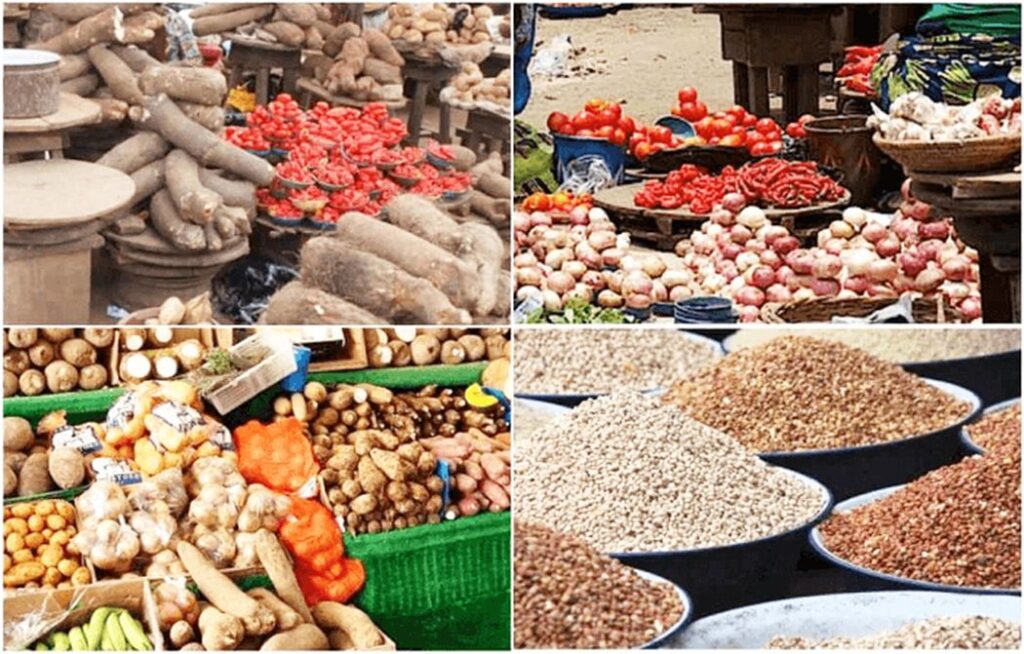In a bid to support the Federal Government’s efforts toward achieving food sufficiency in Nigeria, the Agriculture/Agro Wealth Development Initiative (AAWDI) has unveiled a detailed blueprint aimed at complementing national initiatives in the agricultural sector.
Speaking during the unveiling at the AAWDI National Green Revolution Summit 2025, themed “Unveiling Strategies for Sustainable Agricultural Growth” and held in Abuja, the CEO/President of AAWDI, Rekiya Amedu, said the project is designed to transform agriculture and ensure food availability for all Nigerians.
Amedu expressed concern that Nigeria was recently mentioned among countries experiencing hunger, calling it an unfortunate development for a nation blessed with abundant human and natural resources.
“It is very unfortunate to hear that Nigeria is being counted among nations facing hunger, despite the blessings of God upon this country—arable land, abundant human and natural resources,” she said.
“We have the capacity to feed Africa and even be the food basket of the world. At AAWDI, we are pained that Nigeria is tagged as a hungry nation. Rather than sit back and allow this narrative to define us, we have resolved to contribute our quota to change the story.”
She added that Nigeria must start thinking outside the box by maximizing available resources, particularly water, to engage in year-round food production rather than waiting for seasonal rainfall.
“We have a fast-growing population, yet we still rely on seasonal rains to cultivate crops. After September or October, when the rains stop, we return to hunger. That has to change.”
Amedu said AAWDI plans to share knowledge, break barriers, and make food sufficiently available through its upcoming strategic capacity-building programmes, aimed especially at empowering Nigerian youth.
She disclosed that the organisation would also leverage its mobile platform, AgrowealthApp, designed in multiple local languages to teach both grassroots and urban farmers innovative farming techniques.
Additionally, she revealed that the organisation plans to collaborate with security agencies by deploying trained local officers to address the rising insecurity that continues to threaten farmers and farmlands.
Similarly, AAWDI’s National Director of Administration, Abubakar Abdullahi, noted that hunger remains one of the root causes of insecurity in the country.
“One of our core objectives is to feed all Nigerians. If hunger is tackled, insecurity will naturally reduce,” Abdullahi said.
“We are also establishing local security structures in communities. These officers will undergo training and work in synergy with conventional security agencies.”
On his part, Joseph Nduka, AAWDI’s National Director of Training and Strategy, said the organisation’s approach to food security is multi-dimensional.
He stressed the need for an enabling environment for farmers and urged the government to review policies such as the Land Use Act of 1978, which currently limits access to farmland.
“There are still barriers affecting agricultural development. The Land Use Act, for example, prevents willing farmers from accessing land. Though the government is trying by providing incentives and inputs like fertilizers and seedlings, these often don’t reach grassroots farmers who need them the most,” he said.
Nduka added that AAWDI has structures across the 36 States and the FCT and would work with government agencies to break these barriers.
“We’ll also be conducting our Smart Agricultural Support Training, covering organic farming, hydroponics, and the local production of organic fertilizers and pesticides.”















